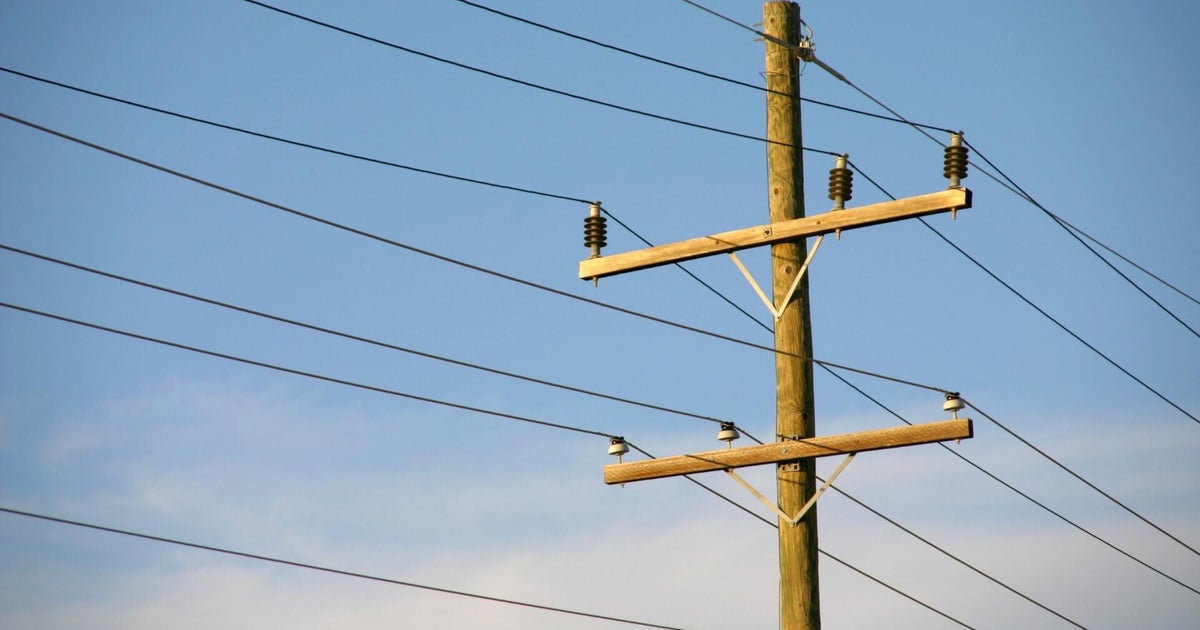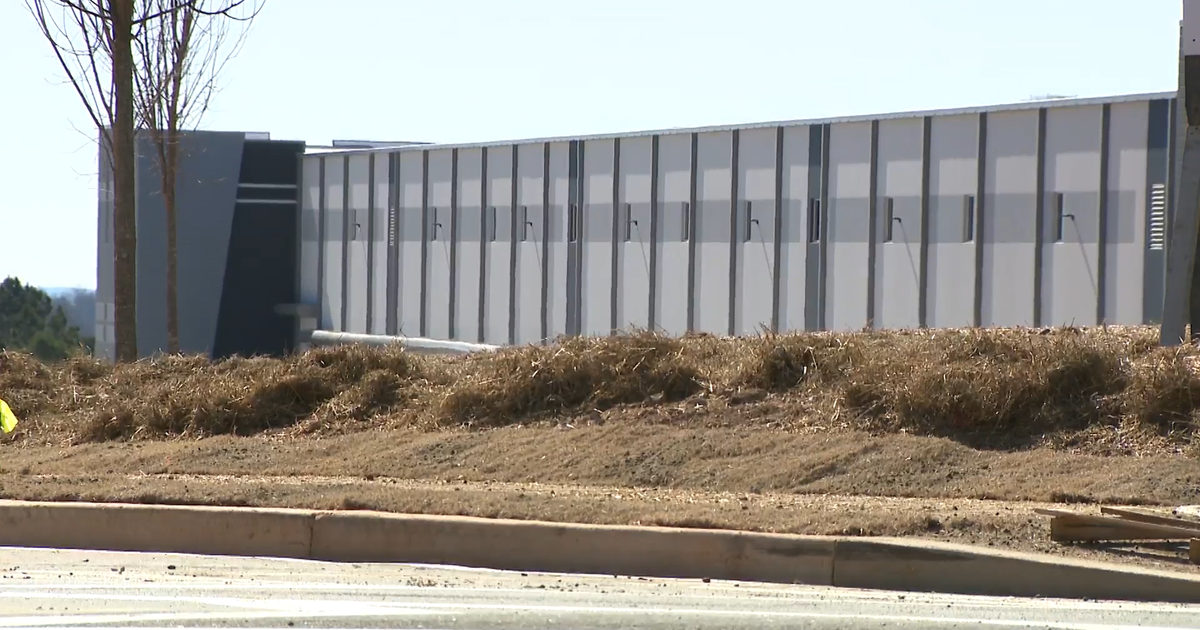Massachusetts considers banning invasive Callery pear tree
BOSTON - Massachusetts may be on the verge of banning a stinky tree that has become invasive in the state. When it blooms, it can smell like rotting fish. It's called the Callery pear tree.
"I have heard [the smell] assimilated with seafood, crabs, fish, or rotten seaweed," said John DelRosso, head arborist at Arnold Arboretum.
You may recognize the white blossoms of the Callery pear that have been blooming for the last few weeks, or you may also have recognized the smell. DelRosso says the tree is often used by cities and towns because it is pretty and tends to grow low enough to avoid issues with power lines.
These pear trees came to the area roughly 100 years ago but have now become an invasive problem. The State Department of Agriculture held a public meeting in late April to talk about a possible ban of the tree.
"It will take up landscape that will normally be a home for a native plant. It's hardy because not a whole lot bothers it as far as diseases go," said DelRosso. "I think there are so many other plants people can use to replace this plant."
State officials say there is no timetable on a potential ban. If it does happen, homeowners will not have to uproot their plants, and retailers will be allowed to sell the plant for just a few years after the ban goes into effect.









